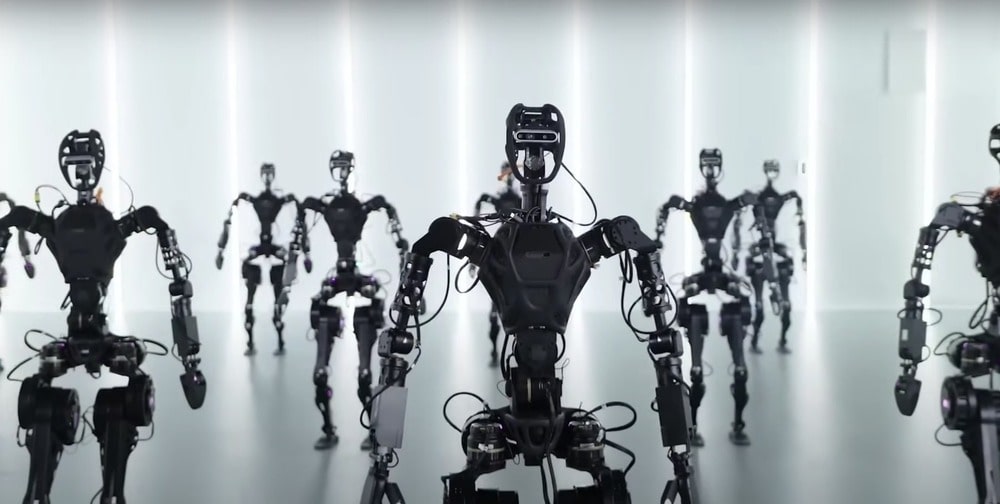Artificial Intelligence (AI) is no longer a concept of science fiction, but a reality that is changing the way we live and work. AI is revolutionizing various industries, from healthcare and finance to transportation and entertainment. As AI technologies continue to advance, the potential for further innovation and transformation in our society is limitless. In this article, we will explore the future of AI and discuss how it is revolutionizing our world.
The Growth of AI
AI has seen tremendous growth in recent years, thanks to advancements in data processing capabilities, machine learning algorithms, and the availability of big data. AI technologies are now being used in a wide range of applications, including autonomous vehicles, virtual assistants, predictive analytics, and natural language processing.
One of the key drivers of AI growth is the increasing demand for automation and efficiency in various industries. Businesses are looking for ways to streamline their operations and reduce costs, and AI technologies offer a way to achieve these goals. AI can automate repetitive tasks, analyze large amounts of data quickly, and make decisions based on complex algorithms.
Another driver of AI growth is the availability of massive amounts of data. The rise of the internet and digital technologies has led to an explosion of data, which can be used to train AI algorithms and improve their performance. With access to huge datasets, AI systems can learn from past experiences and make more accurate predictions in various applications.
The Future of AI

The future of AI holds great promise for society, with the potential to revolutionize various aspects of our lives. Here are some key areas where AI is expected to have a significant impact in the coming years:
- Healthcare: AI technologies are being used to revolutionize the healthcare industry, from medical imaging and diagnostic tools to personalized medicine and drug discovery. AI algorithms can analyze medical images more accurately than human radiologists, helping to detect diseases at an early stage. AI can also help doctors make more informed decisions about treatment options for patients, based on their individual genetic profiles and medical histories.
- Transportation: Autonomous vehicles are one of the most exciting applications of AI technology, with the potential to revolutionize the way we travel. AI algorithms can analyze sensor data from cameras and LiDAR systems to navigate roads safely and make informed decisions in real-time. Autonomous vehicles have the potential to reduce accidents, traffic congestion, and carbon emissions, while increasing mobility and convenience for passengers.
- Financial Services: AI is revolutionizing the financial services industry, with applications in fraud detection, risk analysis, trading algorithms, and customer service. AI algorithms can analyze large amounts of financial data to detect patterns and anomalies that may indicate fraudulent activity. AI can also help financial institutions make more accurate predictions about market trends and investment opportunities, based on historical data and real-time market conditions.
- Entertainment: AI technologies are being used to revolutionize the entertainment industry, through applications such as recommendation systems, content creation, and virtual reality experiences. AI algorithms can analyze user preferences and behavior to recommend personalized content, such as movies, music, and books. AI can also generate creative content, such as music compositions, movie scripts, and video game levels, based on input from human designers.
FAQs about AI
What is Artificial Intelligence?
Artificial Intelligence (AI) is a branch of computer science that focuses on the development of intelligent machines that can perform tasks that typically require human intelligence, such as decision-making, problem-solving, and language understanding.
How does AI work?
AI algorithms use techniques such as machine learning, neural networks, and natural language processing to analyze data, recognize patterns, and make predictions. AI systems can learn from past experiences, adapt to new situations, and make decisions based on complex algorithms.
What are some examples of AI applications?
Some examples of AI applications include virtual assistants (such as Siri and Alexa), autonomous vehicles, predictive analytics, medical imaging, and recommendation systems (such as Netflix and Spotify).
What are the ethical implications of AI?
Ethical considerations in AI include issues such as bias in algorithms, privacy concerns, job displacement, and autonomous decision-making. It is important for developers and policymakers to address these ethical issues to ensure that AI technologies are used responsibly and ethically.
What is the future of AI?
The future of AI holds great promise for society, with the potential to revolutionize various industries and improve the quality of life for people around the world. As AI technologies continue to advance, the possibilities for innovation and transformation are limitless.
Conclusion
The future of AI is bright, with the potential to revolutionize various industries and improve our lives in countless ways. As AI technologies continue to advance, it is important for developers, policymakers, and society as a whole to address ethical considerations and ensure that AI technologies are used responsibly and ethically. With the right approach, AI has the potential to revolutionize our world and create a better future for all.
